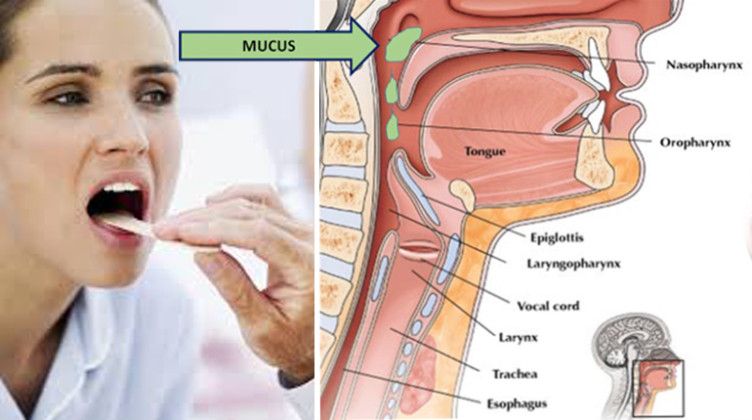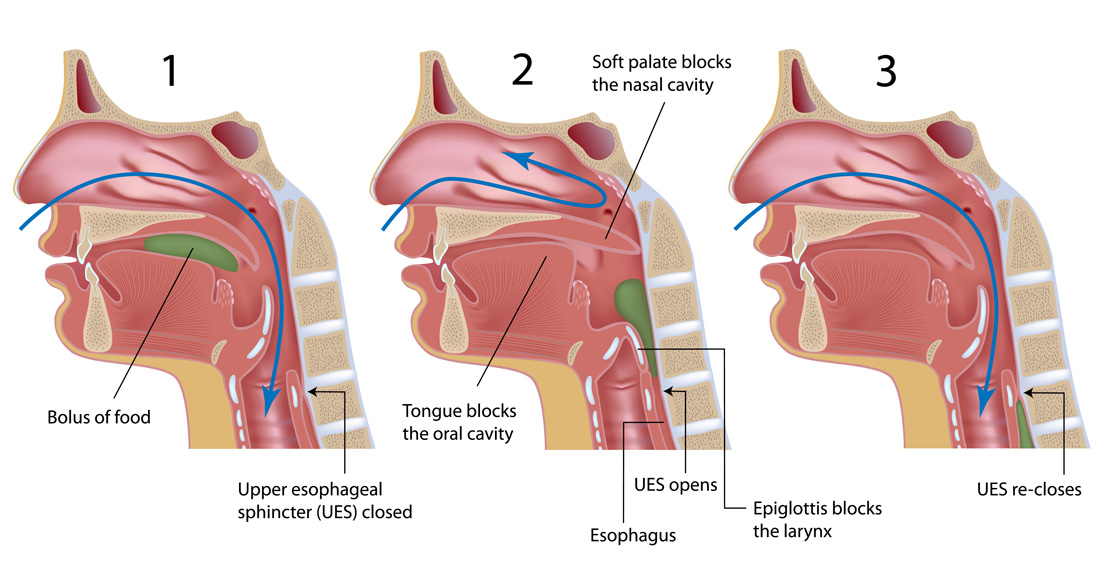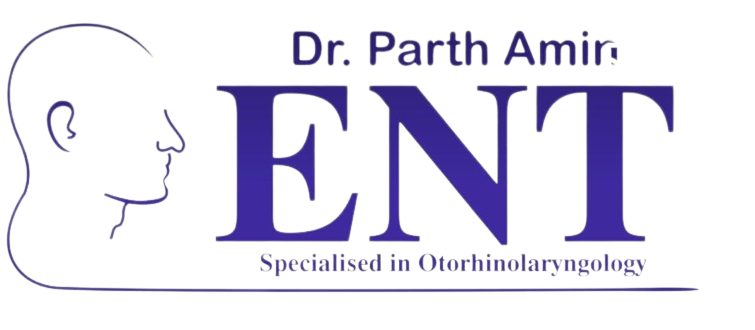Voice & Throat (Laryngology)




Laryngology is the medical specialty that focuses on the diagnosis and treatment of disorders related to the throat (larynx) and voice. Here are some details about voice and throat conditions and their treatments:
Hoarseness and Voice Disorders:
- Causes: Hoarseness and voice disorders can be caused by various factors, including vocal cord nodules, polyps, cysts, laryngitis, vocal cord paralysis, gastroesophageal reflux disease (GERD), smoking, and overuse or misuse of the voice.
- Symptoms: Symptoms may include changes in voice pitch or quality, hoarseness, vocal fatigue, difficulty speaking loudly or for extended periods, and pain or discomfort when speaking.
- Evaluation: Evaluation of voice disorders may include a thorough medical history, physical examination, laryngoscopy (visualization of the larynx with a flexible or rigid scope), and voice analysis (acoustic and perceptual evaluation).
- Treatments: Treatment options for voice disorders may include voice therapy (to improve vocal technique and habits), medications (such as corticosteroids for inflammation), surgery (for structural abnormalities or lesions), and lifestyle modifications (such as avoiding irritants or vocal abuse).
Recurrent Throat Infections:
- Causes: Recurrent throat infections, such as tonsillitis or pharyngitis, are often caused by viral or bacterial infections, including streptococcus (strep throat).
- Symptoms: Symptoms may include sore throat, difficulty swallowing, fever, swollen lymph nodes, and voice changes.
- Treatment: Treatment options for recurrent throat infections may include antibiotics (for bacterial infections), pain relievers, throat lozenges, and in some cases, surgical removal of the tonsils (tonsillectomy) or adenoids (adenoidectomy) to prevent future infections.
Laryngeal Cancer:
- Risk Factors: Risk factors for laryngeal cancer include smoking, excessive alcohol consumption, exposure to certain chemicals or pollutants, chronic acid reflux, and human papillomavirus (HPV) infection.
- Symptoms: Symptoms of laryngeal cancer may include hoarseness, persistent sore throat, difficulty swallowing, ear pain, a lump in the neck, and weight loss.
- Diagnosis: Diagnosis of laryngeal cancer may involve a physical examination, laryngoscopy, imaging tests (such as CT scan or MRI), and biopsy (sampling of tissue for laboratory analysis).
- Treatment: Treatment options for laryngeal cancer may include surgery, radiation therapy, chemotherapy, targeted therapy, and immunotherapy, depending on the stage and location of the cancer.
Laryngopharyngeal Reflux (LPR):
- Definition: LPR is a condition in which stomach acid refluxes into the throat, causing irritation and inflammation of the larynx and pharynx.
- Symptoms: Symptoms of LPR may include chronic hoarseness, throat clearing, coughing, globus sensation (feeling of a lump in the throat), and throat irritation.
- Treatment: Treatment options for LPR may include lifestyle modifications (such as dietary changes and weight management), medications (such as proton pump inhibitors or H2-receptor antagonists), and behavior modifications (such as avoiding lying down after meals).
These are just a few examples of voice and throat conditions and their treatments. Laryngologists, specialists in laryngology, diagnose and manage a wide range of disorders affecting the voice and throat, providing medical and surgical interventions to improve patients’ vocal health and quality of life.
